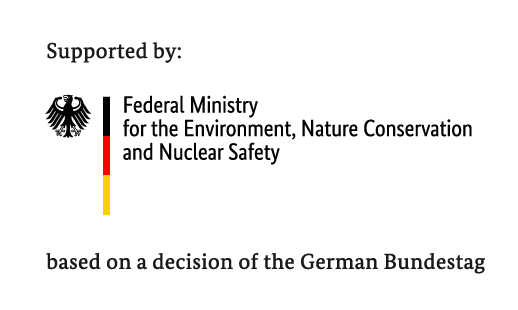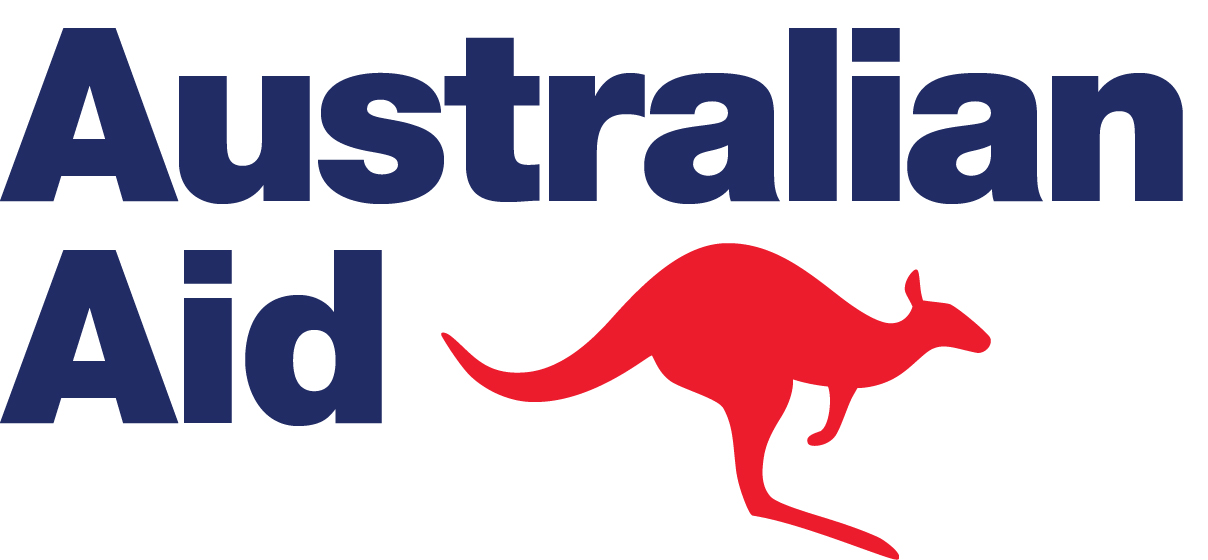Low Emission Capacity Building Programme
Project Overview
Envisioned as a country-driven initiative, the Low Emission Capacity Building (LECB) Programme works with partner governments to implement national projects that support sustainable mitigation actions in both the public and industrial sectors. The five-year, $28M Programme was launched in 2011. With initial contributions from the European Commission and the Federal Republic of Germany, the programme’s overall objectives are to strengthen capacities in participating countries in the following ways:
- Develop greenhouse gas (GHG) inventory management systems;
- Elaborate opportunities for nationally appropriate mitigation actions (NAMAs);
- Design low emission development strategies (LEDS) in the context of national priorities;
- Design systems for measuring, reporting, and verifying proposed actions and means to reduce GHG emissions;
- Facilitate the design and adoption of mitigation actions by selected industries (in some countries)
The overall objectives of the programme are to strengthen the capacity of developing countries to monitor, report and verify greenhouse gas emissions; to identify opportunities for Nationally Appropriate Mitigation Actions (NAMAs) in the context of national development; and to support the design of low-emission development strategies (LEDS) and to facilitate the uptake of mitigation actions by selected sectors, with the participation of the private sector, as appropriate, taking into account national priorities and circumstances and national economic plans.
Consultations for these public sector activities are currently taking place with Chile, Colombia, DRC, Ecuador, Egypt, Kenya, Morocco, Peru, the Philippines, Uganda, and Zambia. The programme also includes activities to build private sector capacity to uptake mitigation actions, for which Brazil, China, Egypt, Mexico and South Africa are currently being consulted.
Project Details
The Low Emission Capacity Building Programme is working in 25 countries globally. Following a generous contribution from the Australian Government, as well as an additional charitable contribution from the European Commission, the Low Emission Capacity Building Programme has expanded its scope to include: Bhutan, Costa Rica, Ghana, Indonesia, Lebanon, Malaysia, Moldova, Tanzania, Thailand, Trinidad and Tobago, and Vietnam. Already active in 14 countries globally (Argentina, China, Chile, Colombia, the Democratic Republic of Congo, Ecuador, Egypt, Kenya, Philippines, Mexico, Morocco, Peru, Uganda and Zambia), this expansion allows the LECB Programme to cover a wider range of national circumstances and priorities, while simultaneously allowing it to gather global experiences and lessons learned in the areas of NAMA, LEDS, MRV and mitigation actions.
Phase I countries have completed their project design and are embarking on project implementation, while newly added countries are in the midst of initial stakeholder meetings and stocktaking exercises in order to prepare their project proposals. National projects are slated to engage in a variety of objectives including development of national greenhouse gas emission inventory systems, NAMA formulation, and development of MRV systems to support implementation and evaluation of NAMAs and LEDS, to name a few. It is expected that all Phase I participating countries will be fully engaged on project implementation by the end of the year. This two-phase roll-out has enabled the Global Support Unit, as well as the Global Steering Committee to learn from the initial phase and better tailor its guidance to countries recently joining the Programme.
Key Results and Outputs
- Develop greenhouse gas (GHG) inventory management systems;
- Elaborate opportunities for nationally appropriate mitigation actions (NAMAs);
- Design low emission development strategies (LEDS) in the context of national priorities;
- Design systems for measuring, reporting, and verifying proposed actions and means to reduce GHG emissions;
- Facilitate the design and adoption of mitigation actions by selected industries (in some countries)
The overall objectives of the programme are to strengthen the capacity of developing countries to monitor, report and verify greenhouse gas emissions; to identify opportunities for Nationally Appropriate Mitigation Actions (NAMAs) in the context of national development; and to support the design of low-emission development strategies (LEDS) and to facilitate the uptake of mitigation actions by selected sectors, with the participation of the private sector, as appropriate, taking into account national priorities and circumstances and national economic plans. To achieve these objectives, national teams are supported by a Global Support Unit, located at UNDP headquarters in New York. The Global Support Unit provides targeted guidance throughout the inception phase and further supports country teams by providing appropriate training based on country needs, technical backstopping, dissemination of knowledge products and lessons learned, and individual guidance and support reaching national and international stakeholders.
As an integrated part of UNDP’s Green Low Emission Climate Resilient Strategies team, the LECB Global Support Unit connects countries with the larger low carbon landscape to help them identify innovative policy and financing options for low-emission development and to facilitate partnerships between public and private sectors, in addition to supporting project implementation.




